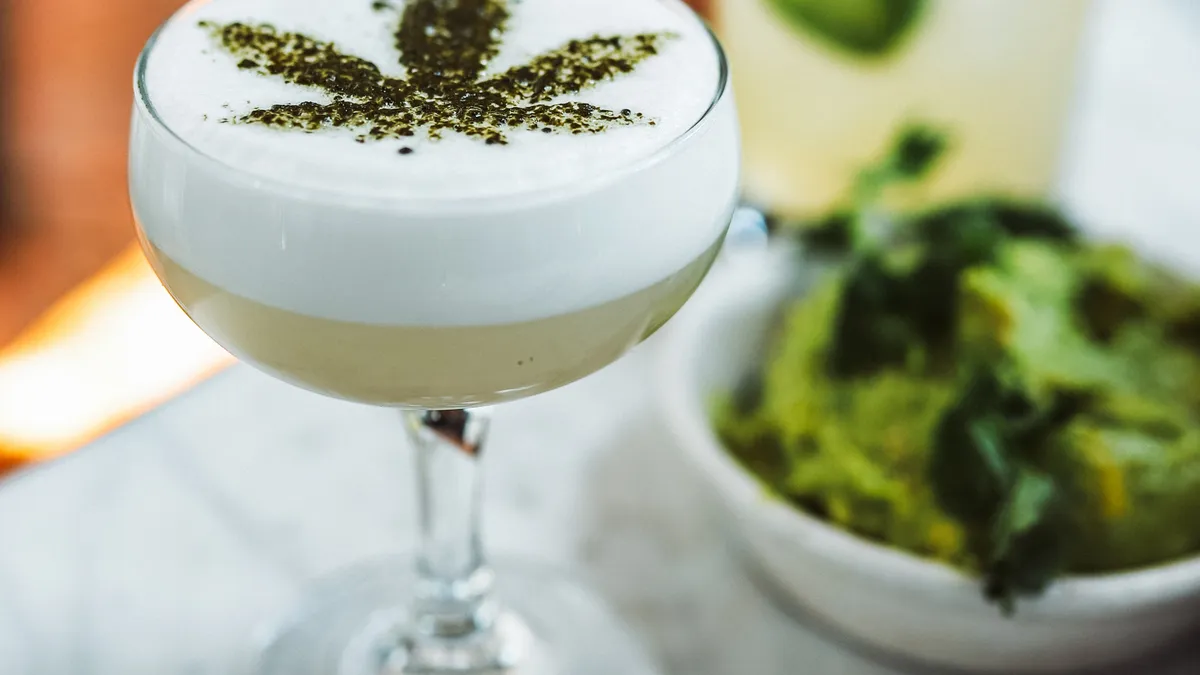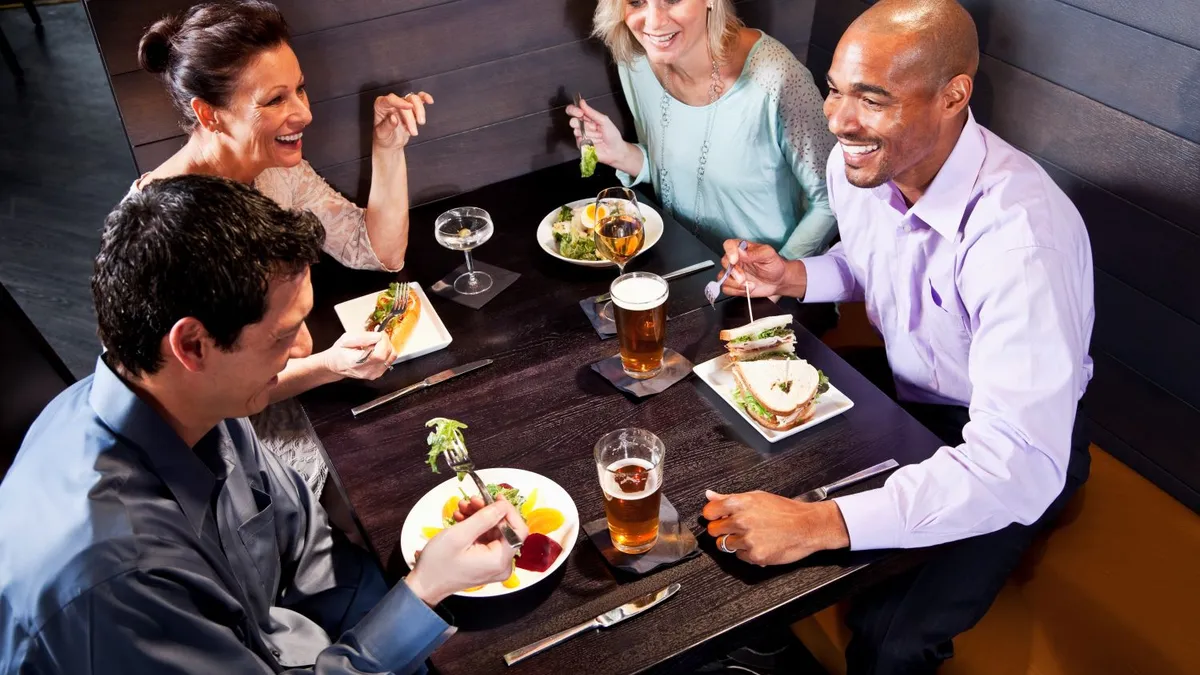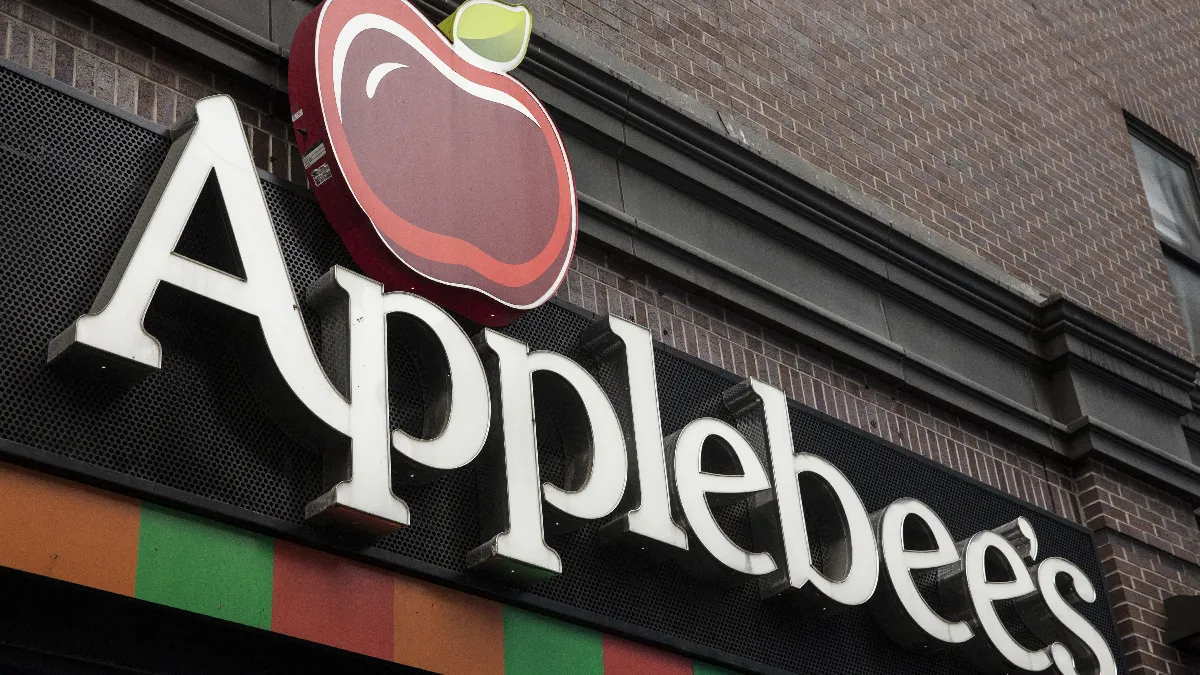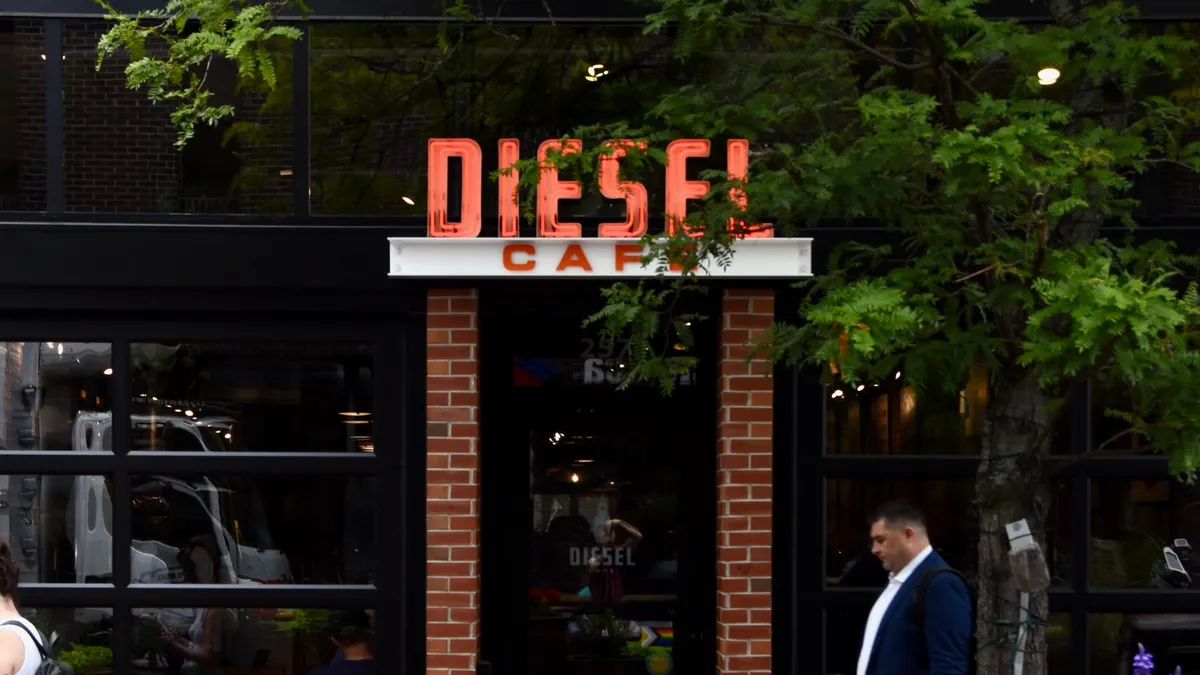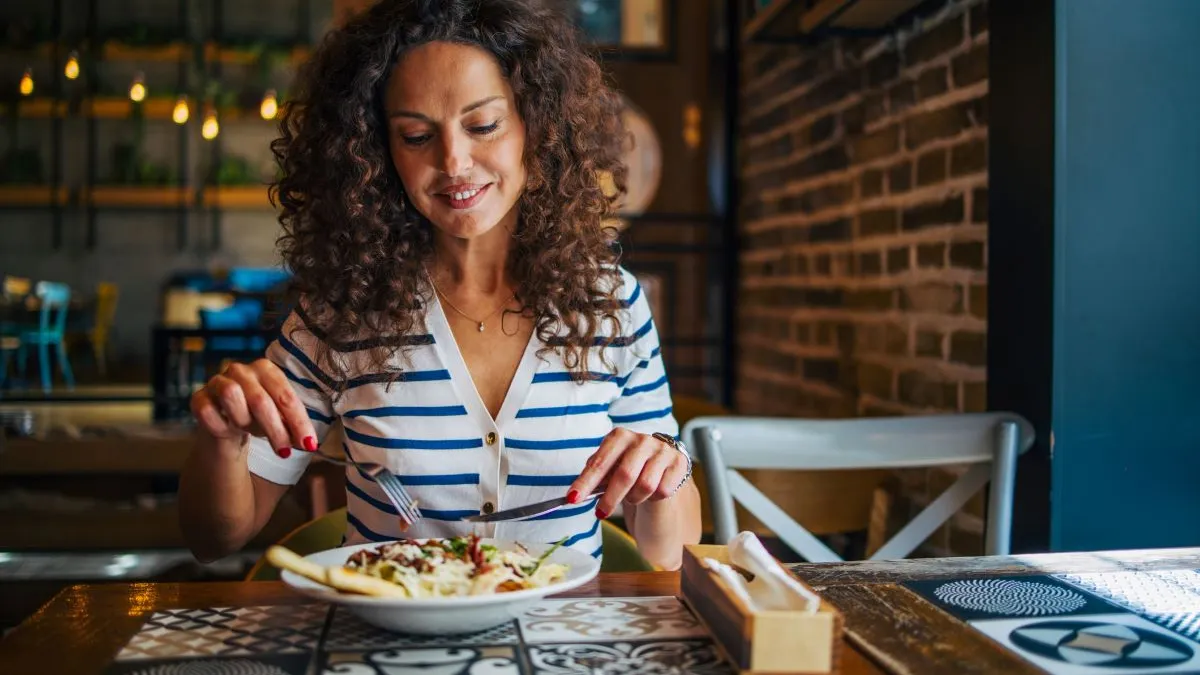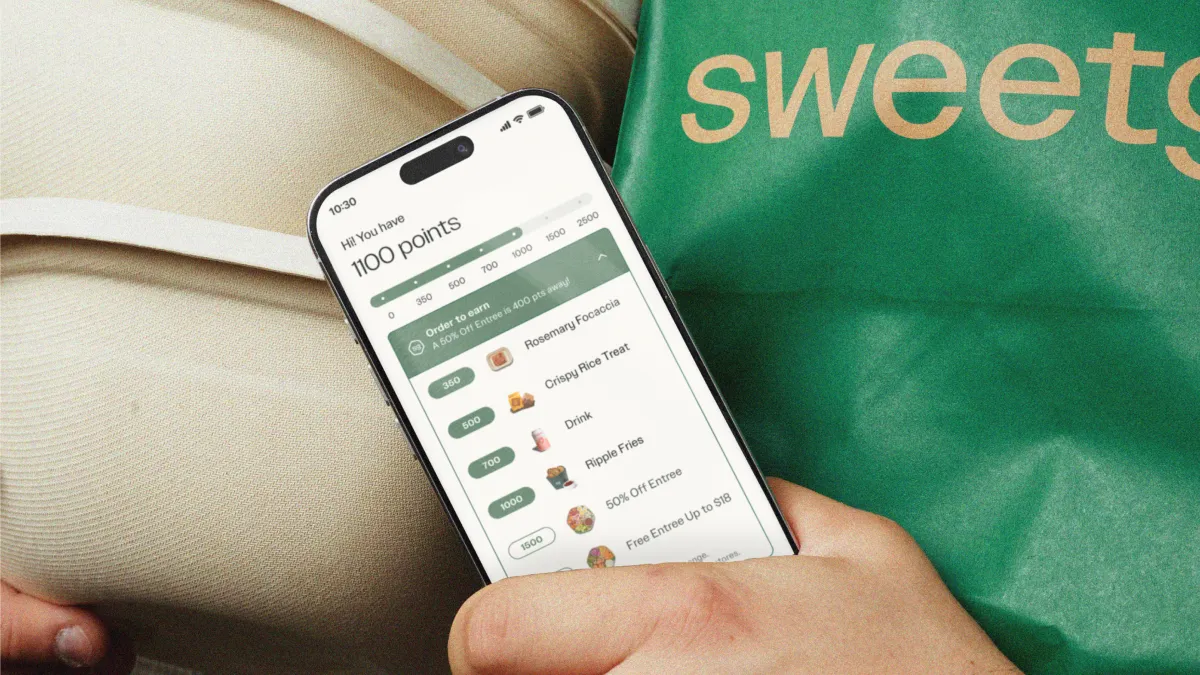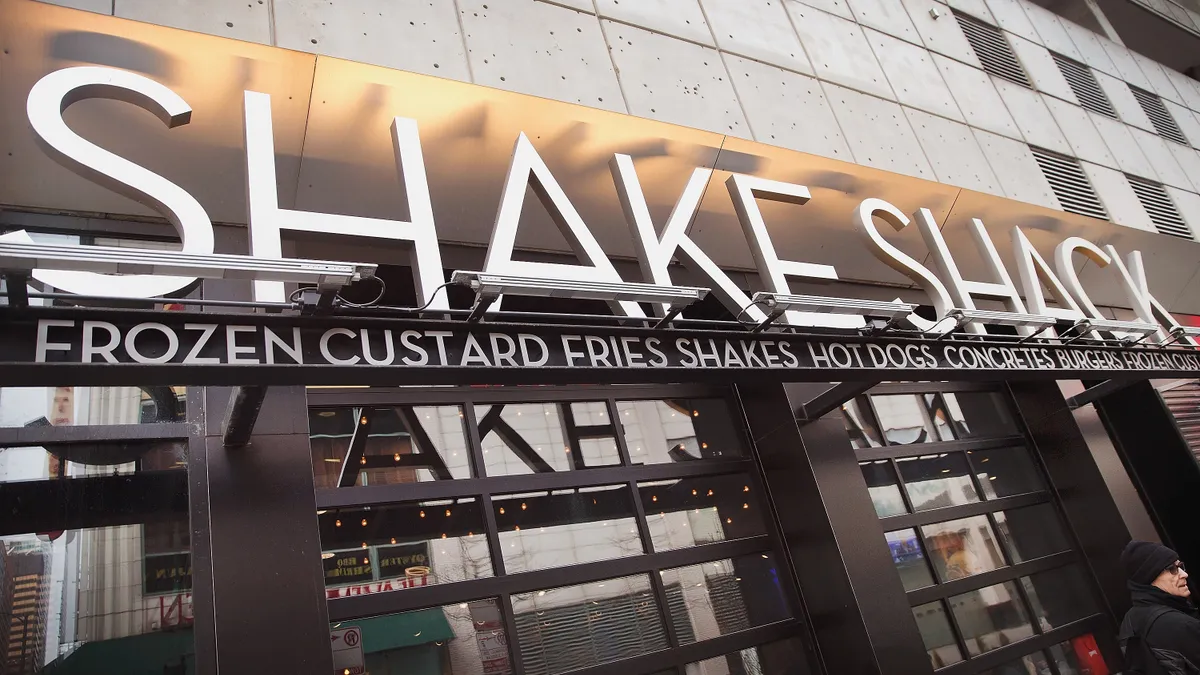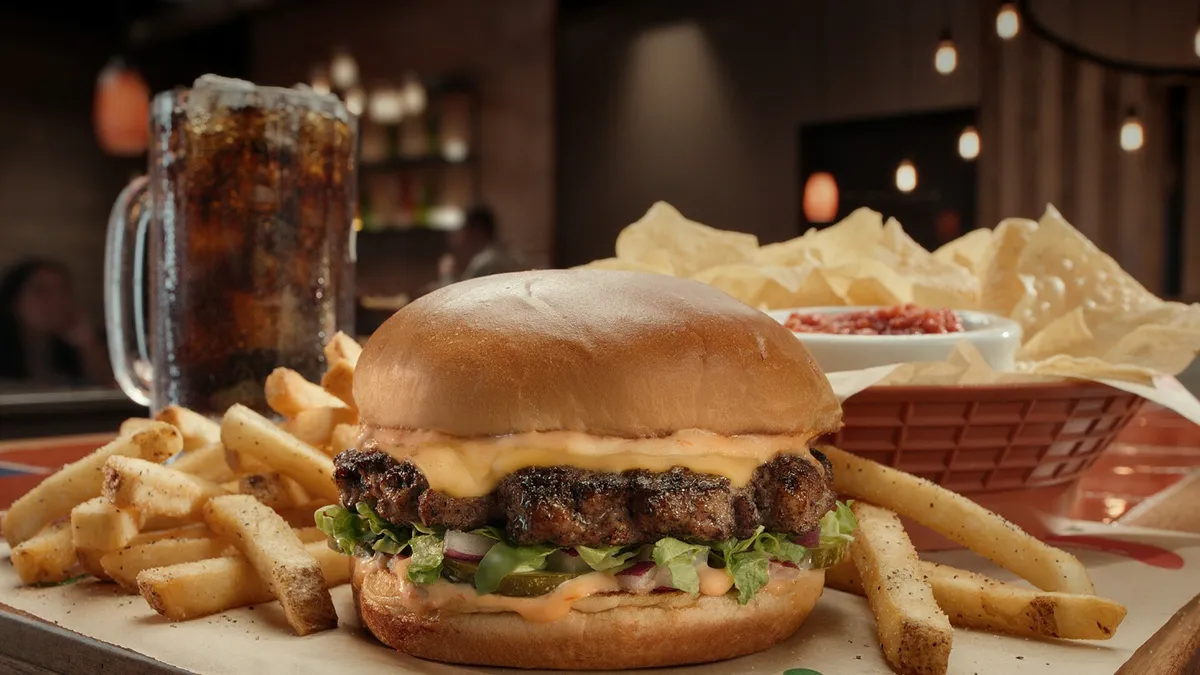Just a few weeks ago, New York City's restaurant scene was rocked by an abrupt directive from the local health department to stop serving food and beverage items made with cannabidiol, or CBD — non-hallucinogenic marijuana extracts.
The crackdown — unexpected to many operators of those establishments — exposed a sizable gray area in the foodservice space. How do operators handle CBD in certain food and drink applications when most CBD was legalized in December with the passage of the farm bill, but not approved by the Food and Drug Administration?
In New York City, rather than asking foodservice owners to destroy their CBD items, the department simply asked them to halt sales, perhaps leaving some optimistic that a solution would be imminent. But the health department announced mid-February that restaurant and bar owners will be subject to fines beginning on Oct. 1 if they are found to be selling CBD-infused products. It will also ask restaurants to return or discard of CBD-based menu items beginning in July, according to CNBC.
In other words, if any such owners are hoping to wait out this confusion for their product embargoes to lift, they'll be waiting a long time.
"Until cannabidiol [CBD] is deemed safe as a food additive, the Department is ordering restaurants not to offer products containing CBD,” the health department said in a statement.
At issue is the fact that CBD comes from cannabis and reportedly generates the same benefits as marijuana — such as calmness, pain relief and anxiety relief — but without the THC-induced high. In fact, most of the customers at New York City's Caffeine Underground prefer CBD to THC because CBD is not psychoactive, owner Ian Ford told Restaurant Dive.
"It's what CBD negates that's more important — pain, anxiety, inflammation, seizures and more," he said.
Celeste Miranda, CEO of MACE Media and founder of the CBD Expo Tour, said that CBD is more health and wellness-based than marijuana.
"These consumers do not usually smoke," she told Restaurant Dive. "They will more so ingest a supplement. That is the biggest draw."
These CBD supplements and other such products have generated plenty of buzz — and sales.
Seventy-seven percent of the 650 chefs surveyed for the National Restaurant Association's annual culinary trend report predicted that CBD-infused drinks would be the top culinary trend for 2019. Further, 76% listed CBD-infused foods as the second most popular trend in the industry.
Ford has seen these predictions translate into sales. He told Restaurant Dive that his CBD-related products generated 25% of sales when they first rolled out last year. Other establishments, like Mamacha in Manhattan's East Village, yield about half of their sales from CBD drinks.
Still, Ford said he is more frustrated by the unknown than the loss of double-digit sales. Caffeine Underground, which claims to be the first shop in New York State to have offered CBD-infused coffee, keeps lab results from every vendor to prove legal CBD levels, which is less than 0.3% THC.
"We had inspectors here on several occasions looking at our CBD stock, receipts and lab results. I'm not surprised the crackdown happened, but I am surprised by the lack of notice," he said.
Miranda agrees. "The FDA is grasping to maintain a foothold on the regulations they've set forth and continue to endorse," she said. "They have been very sporadic in enforcement with no rhyme or reason as to why they are approaching it with such a shotgun method."
Legal ambiguity
To be sure, other jurisdictions haven't experienced similar mandates. At least, not all of them and not yet. Detroit businesses were ordered to pull CBD products mid-February, for example — the same day U.S. Senator Ron Wyden praised Oregon's CBD-infused Blue Star Donuts for providing a boon to the state's agriculture. It is no wonder purveyors are confused.
However, although ambiguity in enforcement exists, Walker Pritchard, an attorney with Denver-based Feldmann Nagel Cantafio Margulis Gonnell, told Restaurant Dive the FDA's stance is crystal clear, adding that the NYC Health Department is simply enforcing its policy on CBD as an unapproved food additive.
"The FDA has publicly maintained the position that CBD is a 'new drug' because it has been authorized for investigation as a new drug for which substantial clinical investigations have been instituted and for which the existence of such investigations has been made public," Pritchard said.
As New York takes the position of the FDA on this issue, it was only a matter of time before state or federal enforcement was instituted, Pritchard added. He believes bars and restaurants were initial targets because they are the most public arena in which the policy was being violated.
Although there are some similar situations regarding legal fluidity — absinthe, for example, wasn't fully legalized in the U.S. until 2007 — Pritchard calls the current issues surrounding CBD "fascinatingly unique."
"While many do not agree with the FDA's position, the language of the Farm Bill reserved their authority over this issue. As long as one's state laws incorporate federal law on this topic, operating in contravention to the ban is not advisable," he said.
Despite favorable predictions from hundreds of chefs nationwide, the National Restaurant Association also cautioned against going rogue to make a buck and hit on a trend.
"As long as one's state laws incorporate federal law on this topic, operating in contravention to the ban is not advisable."

Walker Pritchard
Attorney, Feldmann Nagel Cantafio Margulis Gonnell
"Operators are urged to follow all laws, including applicable federal, state and local laws that apply when selling or using (CBD) items at their restaurants," the NRA wrote in its culinary report.
But a major challenge persists — one rooted in lack of communication. Ford said all the information he has received about what to do with his supply has come from news reports, for example.
New York City Hospitality Alliance issued a statement for its members flooding the office with CBD questions since the crackdown, stating it has requested official guidance about the legal requirements, but nothing has been provided yet.
The NYCHA writes, "Issuing a violation for using CBD in food and drink is especially ironic to happen when New York is seriously considering legalizing marijuana. Enough is enough. The city must stop finding ways to fine our city’s small businesses. We call on Mayor de Blasio and the City Council to pass legislation requiring all agencies that regulate restaurants and nightlife establishments to review all of the violations they issue."
The association also called for the council to provide warnings before issuing fines, and to pass a law that would stop city agencies from "issuing violations if they do not have a clear policy established on a matter, such as the use of CBD."
Growth trajectory expected to continue
In the meantime, another challenge for food and drink establishments is to balance on that really fine line between legal ambiguity and consumer demand. There aren't a whole lot of growth opportunities left in the saturated restaurant space, so CBD has a silver lining effect. And that silver lining isn't expected to fade anytime soon.
The Brightfield Group estimates the CBD market to extend to $22 billion by 2022.
Before Caffeine Underground's CBD products were placed under embargo, plenty of traffic was generated by mystique alone, Ford said.
"Many people already have awareness of what CBD does and are eager to have easy access to high quality products," he said.
This trajectory is why Miranda believes operators can't afford to wait too long to take advantage of the trend.
"Our clients are not backing down to scare tactics or regulations that are unfounded," she said. "The FDA has said that they're doing this because they don't know the danger of CBD to the public. To my knowledge, there have been no deaths or even hospitalizations due to CBD. How much safer can you get? I'm not going to say go against a federal reg, but I can say many, many people are."
For the time being, Ford's shop is keeping smaller supplies of CBD products on hand — selling tinctures, skin care products and other supplements — but is not adding it to food.
"It's hard on a small business for the DOH to randomly arrive and embargo $1,000 worth of product. Most of us have a hard time affording that with all of the other expenses and taxes we have to endure," Ford said. "As far as we know now, CBD is legal to sell, but not legal to add to food. Just in case, don’t invest too much."
"Our clients are not backing down to scare tactics or regulations that are unfounded ... I'm not saying to go against a federal reg, but I can say many, many people are."

Celeste Miranda
CEO of MACE Media, founder of the CBD Expo Tour
Pritchard agrees that operators should remain conservative for now but seems optimistic the fog will lift.
"CBD products have been widespread in the U.S. for years now and there does not appear to be a major direct health risk to consumers," he said. "Additionally, CBD is not an intoxicating substance that could produce ancillary dangers to the general public. This lowers the risk of enforcement action by regulatory authorities and lessens potential risk to purveyors of the products."
Still, he advises against violating FDA policy.
"Until specific action is taken against a substance in a legal gray area, I would consider the risk to be more of a general business risk," Pritchard said. "Operating in contravention to settled policy would be risking civil and possibly criminal sanctions."
Miranda believes, however, that many companies are willing to take those chances.
"I don't see [CBD use as a food additive] stopping,” she said. "I see the FDA having to justify their positioning and reasoning on making those statements, which will be difficult to do in the long run … The FDA will be forced to prove its hand."


